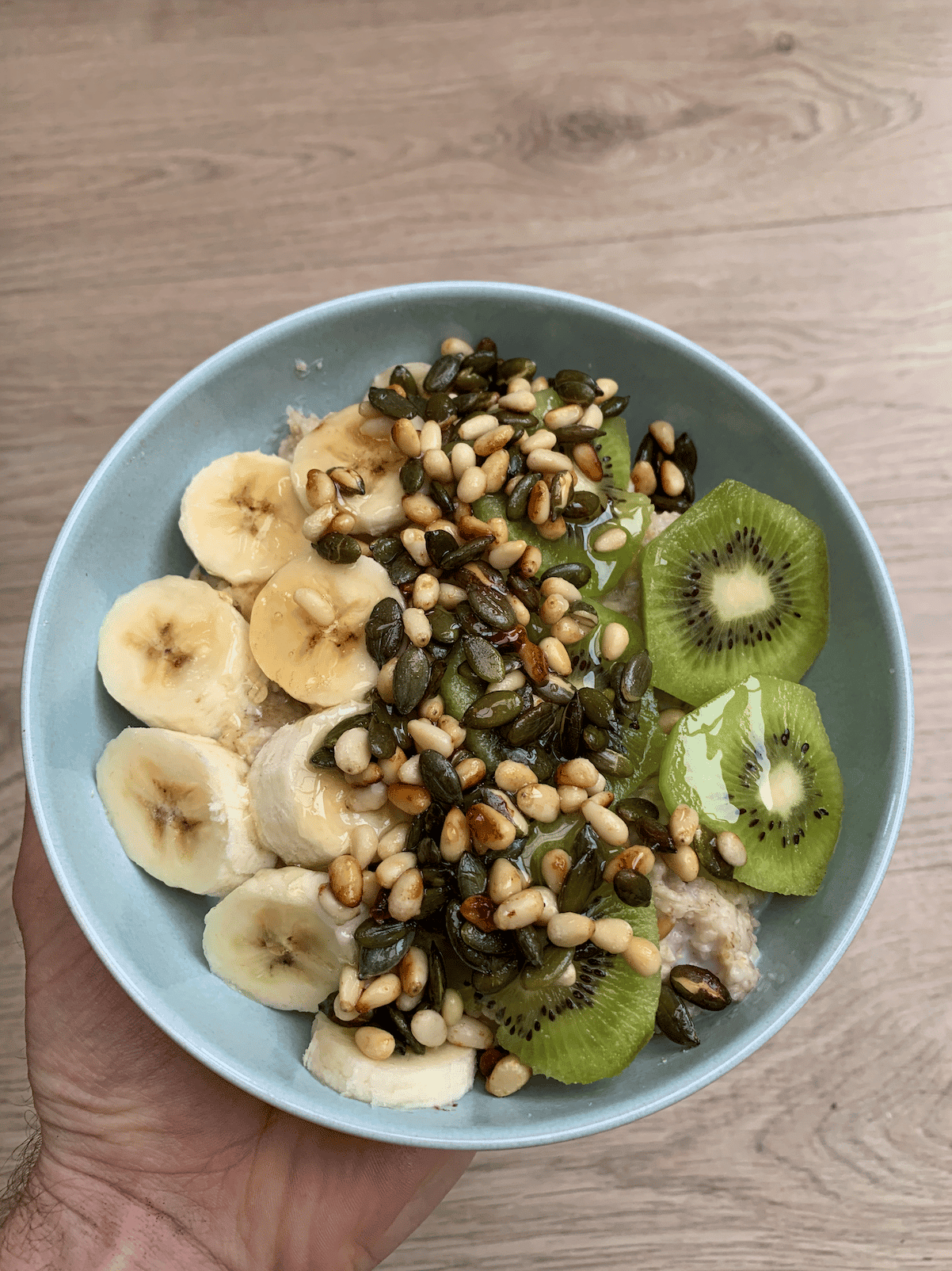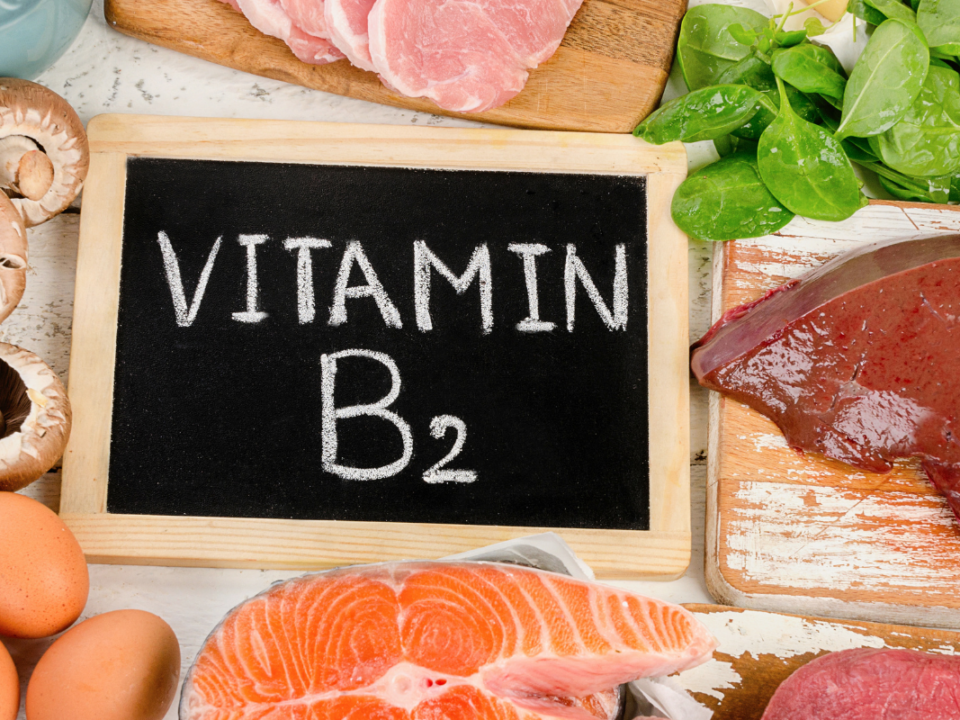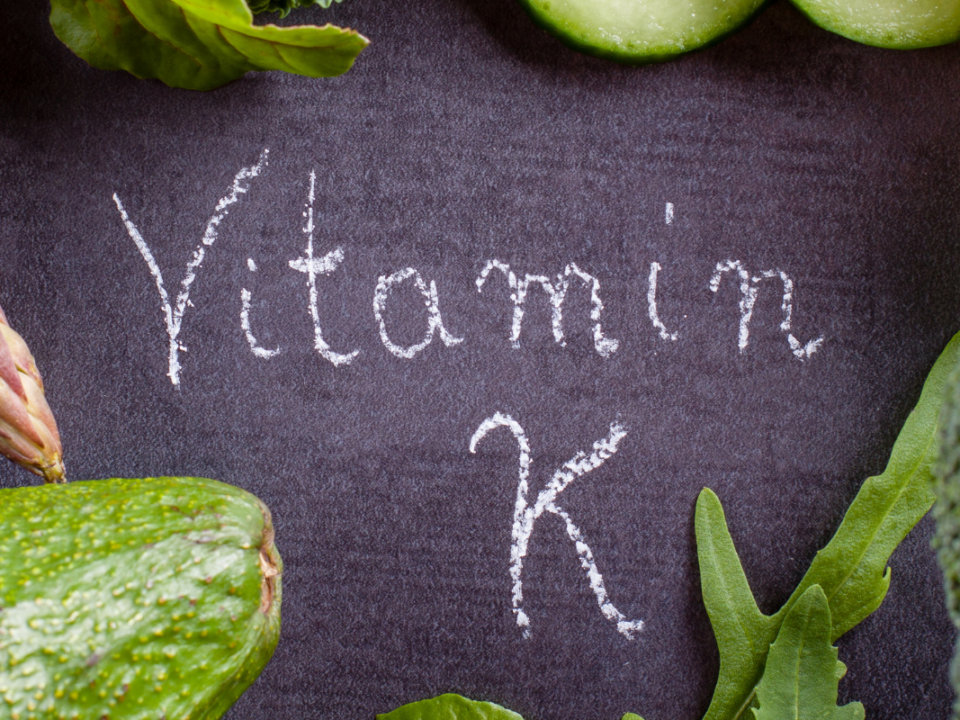What’s new on daveynutrition this week?
- Who can you trust for reputable nutrition information? Below, we explain who to follow and who to avoid!
- Can you eat a healthy, balanced diet on a budget? Find out in this weeks article.
- Are you a student and on a budget? Check out our student saver recipes which are tasty, easy to make and nutritious!
- Need a budget-friendly meal plan to keep you on track? We have you covered! Check out these two brand-new budget-friendly meal plans and many more here.

Who to trust for nutrition information:
In a world where we are constantly bombarded with information regarding our health, fitness and lifestyle it can be extremely difficult and frankly, overwhelming at times to know what is true and what is not.
In addition, sometimes the best sources of factual information can be hard to interpret and apply to your daily life, depending on your background or level of nutrition understanding. For example, someone who has no background in a health-related science subject may find it exasperating to search through various academic research and understand what any of it means. This can even be tedious for people who have been doing it for many years!
Then we have the ever-challenging and evolving world of media, particularly social media, where a simple search will bring up thousands, if not millions, of results. A quick Instagram search of the hashtag #nutrition, for example, will show 46.9 million posts. Overwhelmed yet?
As mentioned briefly above, those providing nutrition information should ensure that any information is ‘evidence-based’. This means that the subject or product that they are talking about has robust scientific evidence to support it and any claims associated with it.

Who provides this evidence-based information and is it regulated?
Various governing bodies regulate the nutrition industry and those who provide nutrition-related information. When you are searching for someone to trust within the nutrition industry you may come across the following trust-worthy individuals.
You may find that some people will have letters beside their name such as BSc (Bachelor’s degree), PgDip (Postgraduate diploma) or MSc (Masters degree) to show that they have undertaken study at an undergraduate or postgraduate degree level.
Dietitians are individuals who have studied at university level and are qualified to diagnose and treat nutritional issues following a full assessment. Dietitians will often have the following letters after their name – ‘RD’ – ‘Registered Dietitians’. The regulatory body for dietitians in Ireland is CORU and in the UK it is the Health Care Professions Council (HCPC) and their websites contains a full list of registered dietitians.
Nutritionists who have studied at degree level and meet certain acceptance criteria can be accepted onto the UK Voluntary Register of Nutritionists (UKVRN). Nutritionists who are registered may have the following letters after their name – ‘ANutr’ which stands for Associate Registered Nutritionist or ‘RNutr’ which stands for Registered Nutritionist.
Some Nutritionists may also have further qualifications and be registered with other bodies such as the Sports and Exercise Nutrition Register denoted by the letters ‘SENr’.
Please be wary that ‘Nutritionist’, is not a protected title so always double-check a persons background and nutrition qualifications before you take advice from them.

How to spot misinformation:
- It sounds too good to be true – if something sounds like it is a ‘quick fix’ or too good to be true, it probably is!
- The information is built on fear – an example of this would be information referring to foods or eating habits as ‘toxic’ or that certain things should be avoided ‘at all costs’. The truth is that it is the cumulative effect of certain foods, in excess, over time that causes issues. As the saying goes ‘everything in moderation’.
- The claim cannot be backed up by evidence – if a person or company is claiming that something provides a certain benefit, they should have a scientific basis for it. If they don’t – avoid! The The European Food Safety Association governs what claims can be used on products and these guidelines are strict and well regulated.
- They aren’t qualified to give advice – it is really important that the person who is providing the information is qualified to do so. Double and triple check what they have studied and if they are a member of a governing body.
- Entire food groups are eliminated – do not take advice from someone who advocates the removal of entire food groups. Every food has a place in the diet!
- They promote severe restriction – restriction does not work when it comes to building a sustainable and healthy diet.
- They promote a ‘one-size fits all’ approach – Everyone has differing needs and goals and dietary advice should be tailored to the individual. A one size fits all approach will not be adaptable and specific to suit changes in daily, weekly and monthly lifestyle and goals.
- They push you to consume lots of supplements rather than ensuring a food-first approach is used. Certain supplements are, of course, needed in some cases but optimising nutrition from food should be the first port of call for everyone.
- They are being paid to promote a product – If a person is being paid to push a product or service, ensure they can stand behind it and understand what the motivation is behind promoting the product.
 Helpful resources:
Helpful resources:
Governing bodies for nutrition:
Health and Care Professions Council
The Irish Nutrition & Dietetic Institute
The British Dietetic Association
Sports & Exercise Nutrition Register
World Public Health Nutrition Association
International Society of Sports Nutrition
Helpful and reliable websites for sport – specific information:
Helpful and reliable websites for general health & nutrition information:
The Academy of Nutrition & Dietetics
Harvard TH Chan School of Public Health
The Academy of Nutrition & Dietetics
Dietetically Speaking – Maeve Hannan
The Food Medic – Hazel Wallace
Helpful and reliable academic journals:
Journal of Human Nutrition & Food Science
Journal of Nutritional Science
Journal of Human Nutrition & Dietetics
The American Journal of Clinical Nutrition
European Journal of Clinical Nutrition
International Journal of Behavioral Nutrition & Physical Activity
The International Journal of Sport Nutrition & Exercise Metabolism
American College of Sports Medicine
Critical Reviews in Food Science & Nutrition
The Journal of Nutritional Biochemistry

This week on daveynutrition.com we had some fantastic new additions to the website!
Recipes:
We added three brand new recipes – a delicious Chia Seed Berry Jam, a Prawn and Noodle Laksa and a warming Vegetarian Lasagne. These recipes can be accessed for free and are designed to be tasty and simple to make!
Meal Plans:
We have added new plans designed to show you how best to stay on track and achieve your goals whilst on a budget. These meal plans contain delicious recipes which are cheap and simple to make. Get cooking!

Articles:
A topic that often raises its head in the nutrition world is the idea that it is more expensive to eat a highly nutritious diet compared to one with highly processed foods with a low nutritional value. This week we discuss if this statement and how best to achieve your health and performance goals on a budget.
Read the article in full here.
Blogs and meal plans are available to PRO members of the daveynutrition website so sign up today to become part of the daveynutrition team!








